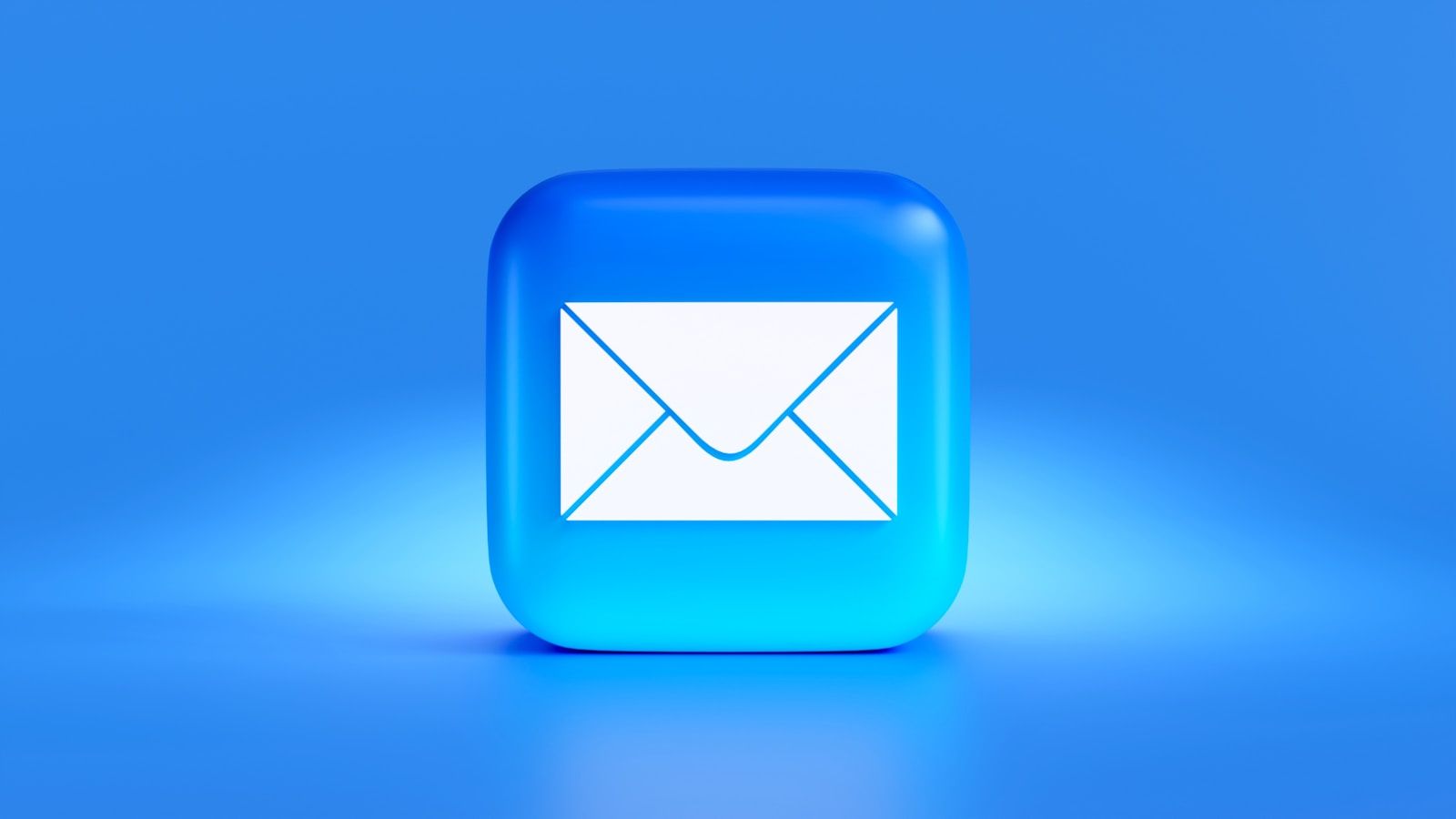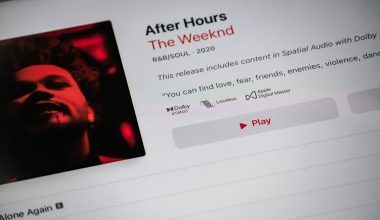If you’re an aspiring artist, producer, or songwriter, reaching out to music labels is an essential step in building your career. But the process of finding music label emails and using them effectively can feel overwhelming. Don’t worry; you’re not alone. This guide is here to help you navigate this journey with confidence.
The music industry is all about connections, and knowing how to find the right email addresses can open doors you never thought possible. Whether you want to pitch your music, seek collaborations, or simply network with industry professionals, mastering this process will set you apart.
Why Music Label Emails Matter
Emails are the lifeblood of professional communication in the music world. While social media is great for casual interactions, emails show professionalism and seriousness. Reaching out to a music label via email can make a stronger impression compared to a direct message on Instagram or Twitter.
Think of an email as your digital handshake. It’s often your first introduction to a label, and first impressions matter. A well-crafted email can show that you respect the label’s time and value their expertise.
But it’s not just about sending an email—it’s about sending the right email to the right person. That’s where knowing how to find music label emails becomes so important.
How to Find Music Label Emails
Finding the right email address might feel like finding a needle in a haystack, but with the right strategies, it’s totally doable. Here are some methods you can use:
- Official Websites
Most music labels have official websites where they list contact information. Visit their “Contact Us” or “About” pages to find direct emails for A&R (Artists and Repertoire) representatives or other relevant departments. - Social Media Profiles
Many music labels share their email addresses on their social media profiles, particularly in the bio sections of platforms like Instagram or Twitter. Always check these spaces for useful details. - Networking Events and Conferences
Attending music industry events or conferences can be a goldmine for connections. Collect business cards and ask permission to follow up via email. - Industry Databases
Online directories like Music Gateway, SongTrust, or even LinkedIn can provide leads. While some of these services are paid, they can be worth the investment. - Collaborations and Referrals
If you’ve worked with someone who has industry connections, don’t hesitate to ask for referrals. A personal introduction often carries more weight than a cold email. - Email Permutator Tools
If you know a person’s name and their label’s domain (e.g., @labelname.com), you can use tools like Hunter.io or an email permutator to guess their email address.
Tips for Writing the Perfect Email to a Music Label
Once you have the email address, your next step is crafting a message that gets noticed. Here’s how to do it:
- Start with a Personalized Greeting
Address the recipient by name whenever possible. This shows that you’ve done your research and aren’t just sending a generic email. - Introduce Yourself Clearly
In the first paragraph, mention who you are and why you’re reaching out. Keep it short but impactful. For example, “My name is Alex, a singer-songwriter from New York. I’ve recently released an EP and am looking for representation.” - Show Value
Highlight what you bring to the table. Whether it’s your unique sound, growing fanbase, or professional achievements, make sure they know why you’re worth their time. - Keep It Concise
No one likes to read lengthy emails. Aim for three to four short paragraphs that get straight to the point. - Include a Call-to-Action
End your email with a clear next step. For example, “I’d love to send you a link to my latest single for your feedback. Please let me know if that works.” - Attach or Link Your Work
Always include a link to your portfolio, music samples, or social media profiles. Make it easy for the label to review your work. - Proofread Before Sending
Errors in your email can leave a bad impression. Double-check your grammar and ensure your email is professional.
Common Mistakes to Avoid When Emailing Music Labels
While it’s exciting to reach out to music labels, there are some common pitfalls you’ll want to avoid:
- Sending Mass Emails: Labels can tell if your email is generic. Personalize each message for better results.
- Writing Long Paragraphs: Keep your email easy to skim. Use short paragraphs and bullet points where necessary.
- Being Too Pushy: Politeness goes a long way. Avoid sounding desperate or demanding.
- Ignoring Follow-Ups: If you don’t hear back, it’s okay to send a polite follow-up email after a week or two.
Following Up Without Being Annoying
Follow-ups are crucial because labels receive hundreds of emails daily. If you don’t get a response, don’t take it personally. Instead, send a polite follow-up email. Here’s an example:
“Hi [Recipient’s Name],
I hope this email finds you well. I just wanted to follow up on my previous message regarding [your topic]. Please let me know if you had a chance to review it or if there’s any additional information I can provide.”
This shows that you’re persistent but respectful.
How to Track Your Emails
To maximize your efforts, consider using email tracking tools like Mailtrack or Yesware. These tools let you know if your email was opened or links were clicked. Knowing this information can help you decide when to send follow-ups.
Building Long-Term Relationships
The ultimate goal of emailing music labels isn’t just to get a quick response—it’s to build lasting relationships. Always be polite, professional, and respectful of their time. Even if a label isn’t interested right now, a good impression could lead to opportunities in the future.
Final Thoughts
Finding and using music label emails effectively can be a game-changer for your career. It takes effort, research, and the right approach, but the rewards are worth it. Remember, the music industry values persistence and professionalism. With the tips in this guide, you’re well on your way to making meaningful connections.
Now it’s your turn to take action. Start researching music labels, craft your emails, and get your music into the hands of people who can make a difference. Your big break might just be one email away.
For further reading, explore these related articles:
- The Journey of the Happy Birthday Song in Pop Music
- Exploring the Power of Streaming Songs in the Digital World
For additional resources on music marketing and distribution, visit DMT Records Pvt. Ltd..






